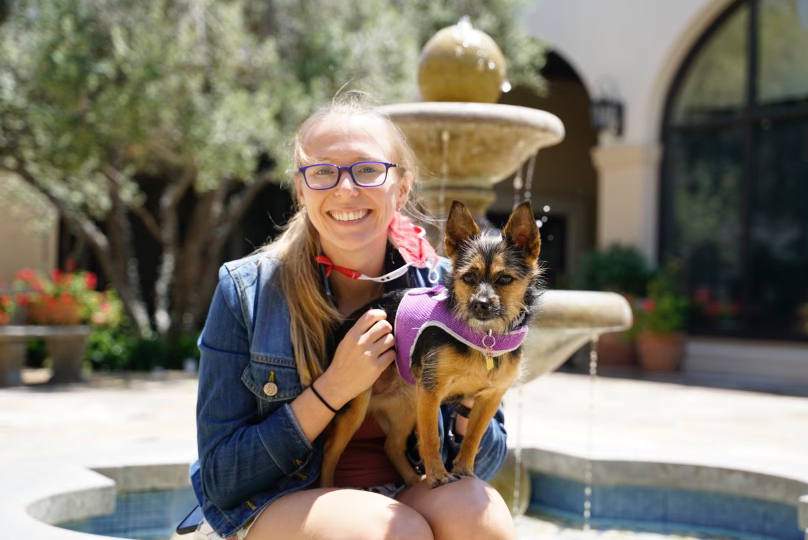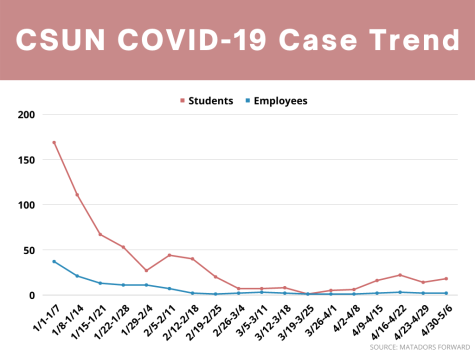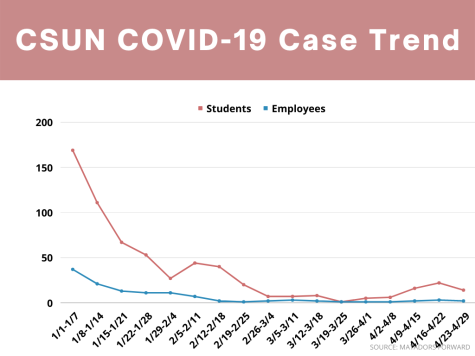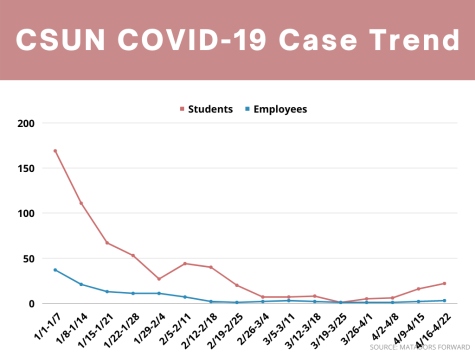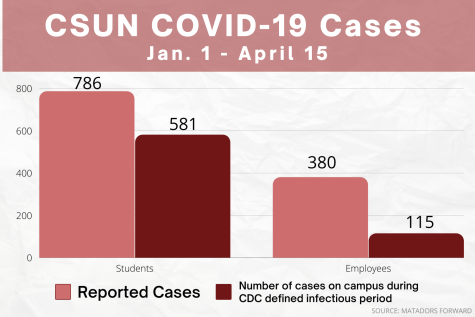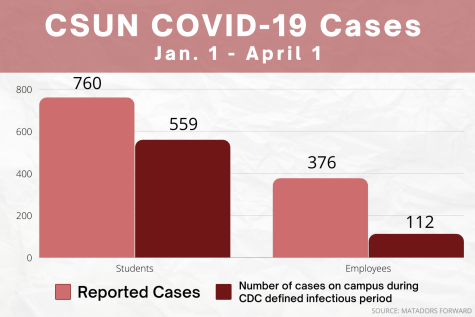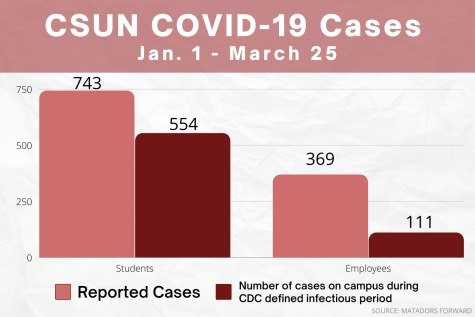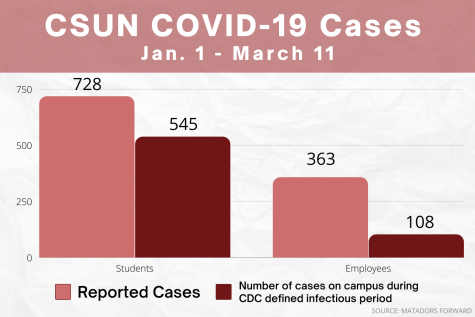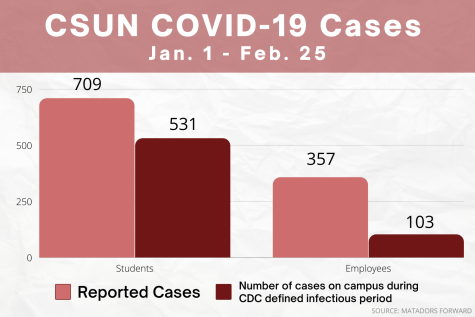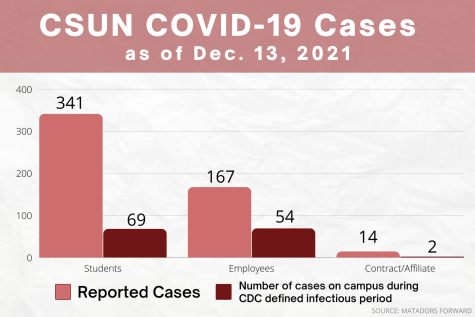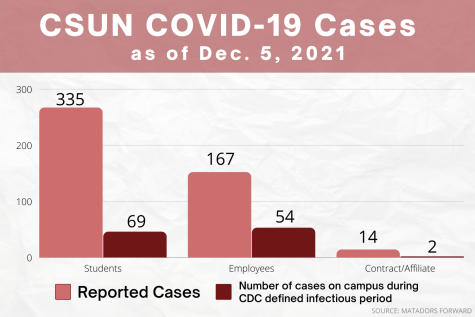Frontline Heroes: Liz Hasegawa, science teacher
Liz Hasegawa is a science teacher at James Monroe High School in North Hills, Calif. Hasegawa has adapted to the switch to virtual learning by creating science videos that are engaging for her students instead of relying on long lectures.
March 27, 2021
This week’s frontline hero is Liz Hasegawa, a 9th grade science teacher at James Monroe High School in North Hills, a Los Angeles Unified School District school. The school receives Title I aid, a form of federal funding given to schools with a high percentage of low-income students.
“I’ve had several students in my [English Language Development] classes who went back to their home countries during the pandemic. They just went home,” Hasegawa said.
Hasegawa said that when the pandemic began, pivoting to teaching from behind a computer screen severed the relationship she once had with her students. Many students weren’t showing up for class. Last year, LAUSD found that enrollment for lower-income kindergarten students dropped during the pandemic.
“I was unsure how many students would even show up because I heard from other teachers that it was minimal,” Hasegawa said.
Hasegawa surveyed her students and found that 35% of them have lost a family member to COVID-19. The school has helped to support the students’ mental health, but Hasegawa said the burden still often fell with teachers. Hasegawa also leans on her teaching assistant, Carlos Martinez, a CSUN student, who often takes on the role as an interpreter for her Spanish-speaking students.
“You’re really putting on your counselor hat, which I feel like is not my best attribute as a teacher, but I try,” she said. “I know some colleagues where students have been calling them after hours on the weekends with mental health problems.”
When Hasegawa first began teaching remotely, she struggled to get students engaged. She quickly realized that long drawn-out lecture videos did not work well.
“My biggest challenge during that time was trying to get them to turn in their work and be engaging,” she said. “I was doing these lectures and they’d take forever to make, and none of the students were watching them, so since I had all that time, I started making my own science videos,” she said. “I try to channel my inner Bill Nye.”
She looks the part in one of her videos, “All About Energy!”: clad in a purple button-down, white lab coat and bowtie. The videos aren’t all talk either. In a video about electric charges, Hasegawa does experiments and asks questions, borrowing tools from her classroom to use in her lessons, like a host in a children’s TV show.
Hasegawa said the effort isn’t just to get bodies in a Zoom meeting.
“I feel like my biggest responsibility is to be there for my students, and making sure they’re successful,” she said. “I feel like all of that has compounded into one big obstacle.”
“I try to bring that positivity to class and encouragement,” she said. The videos were a bigger success than the regular lectures. Hasegawa said she had to teach herself video editing, but that the work paid off.
“It worked. That semester I got more students watching it,” she said. “These took a little bit more time, but I have more fun making the science videos.”
Hasegawa said that other teachers were her biggest resources and supporters while they all navigate a job and a world that is rapidly changing.
“I think my husband is grateful for my teacher friends because we complain a lot to each other, and give us that space and time to be able to commiserate with each other and understand each other’s problems,” she said. When even that is not enough, she turns to guilty pleasures.
“I watch a lot of reality TV. It makes me feel really great about my life,” she said with a laugh.
“Frontline Heroes” is a Daily Sundial weekly series that honors those who are fighting COVID-19 on the front lines — doctors, food bank volunteers, retail workers, testing site volunteers and other countless Angelenos who are keeping everyone safe during the pandemic.
If you know someone you think qualifies, send us an email at Editor@csun.edu
